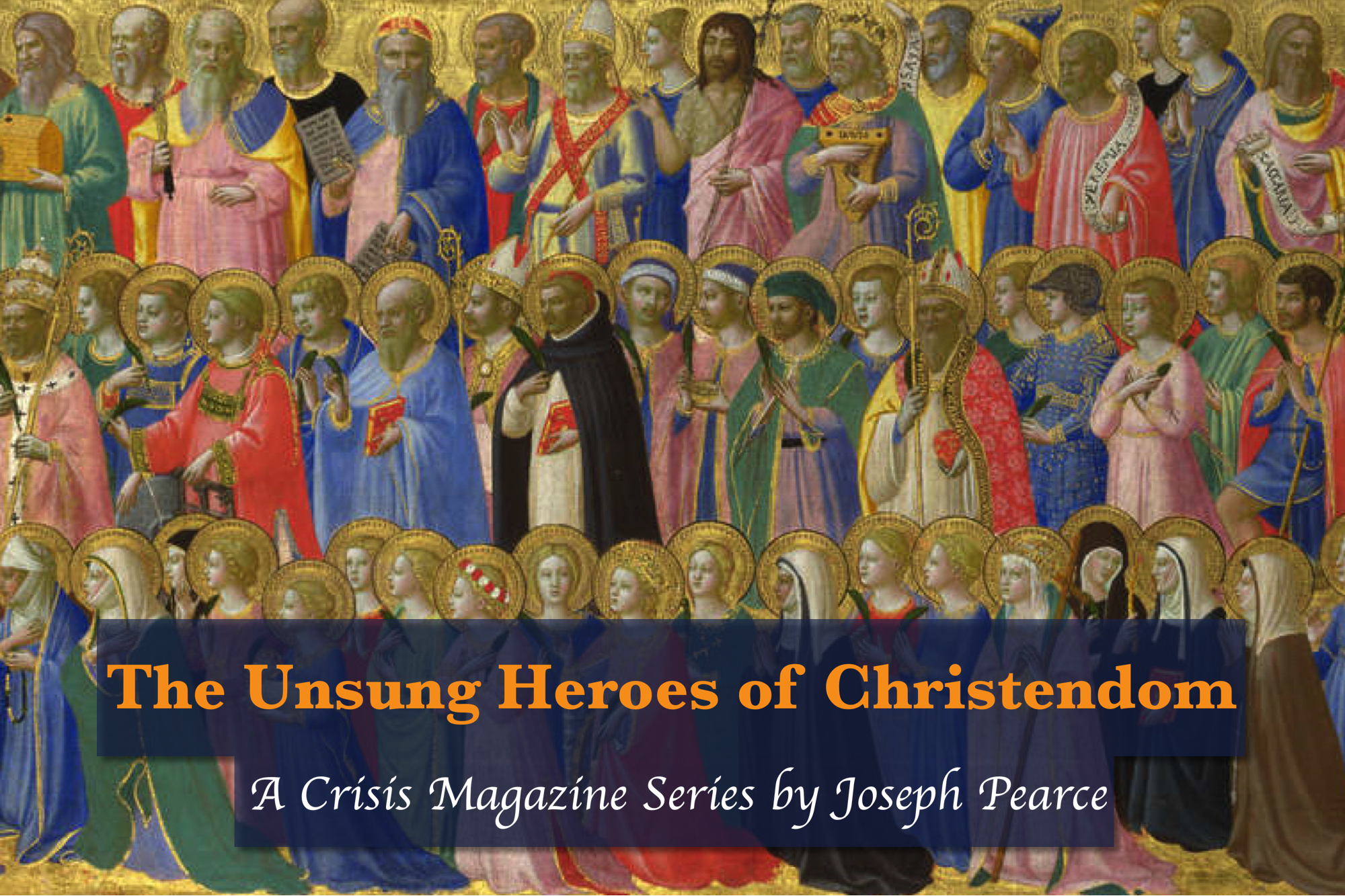- Feb 5, 2002
- 166,616
- 56,250
- Country
- United States
- Faith
- Catholic
- Marital Status
- Married
- Politics
- US-Others
E.F. Schumacher succeeded in popularizing Catholic social teaching in a way that far exceeded the limited success of Hilaire Belloc and G.K. Chesterton to do the same thing fifty years earlier.
Editor’s Note: This is the ninth in a multi-part series on the unsung heroes of Christendom.]
It is not often that the publication of a single book can change the perception of millions of people around the world. Small Is Beautiful by E.F. Schumacher was such a book. Subtitled “a study of economics as if people mattered,” Small Is Beautiful was published in 1973 to immediate acclaim and became an international bestseller.
At the time of its publication, Schumacher was already well-known as an economist, journalist, and entrepreneur. He was Economic Adviser to the National Coal Board in the U.K. from 1950 to 1970 and was also the originator of the concept of sustainable development for developing countries. What was not known, and is still largely unknown, is that his radical economic and political perspective was rooted in the social teaching of the Catholic Church, as enunciated by Pope Leo XIII and Pope Pius XI, and as reiterated in The Catechism of the Catholic Church.
Born in Germany in 1911, Schumacher was destined to become one of the most influential and controversial economists of the twentieth century. Leaving his native land in disgust at the policies of Hitler’s Third Reich, he settled in England, becoming a Marxist and an atheist. In the 1950s he broke with Marxist (and capitalist) dogma when he began to realize that economics was not an autonomous “stand alone” science but was a derivative of the philosophy or religious concepts of the culture within which it operated.
Continued below.

 crisismagazine.com
crisismagazine.com
Editor’s Note: This is the ninth in a multi-part series on the unsung heroes of Christendom.]
It is not often that the publication of a single book can change the perception of millions of people around the world. Small Is Beautiful by E.F. Schumacher was such a book. Subtitled “a study of economics as if people mattered,” Small Is Beautiful was published in 1973 to immediate acclaim and became an international bestseller.
At the time of its publication, Schumacher was already well-known as an economist, journalist, and entrepreneur. He was Economic Adviser to the National Coal Board in the U.K. from 1950 to 1970 and was also the originator of the concept of sustainable development for developing countries. What was not known, and is still largely unknown, is that his radical economic and political perspective was rooted in the social teaching of the Catholic Church, as enunciated by Pope Leo XIII and Pope Pius XI, and as reiterated in The Catechism of the Catholic Church.
Born in Germany in 1911, Schumacher was destined to become one of the most influential and controversial economists of the twentieth century. Leaving his native land in disgust at the policies of Hitler’s Third Reich, he settled in England, becoming a Marxist and an atheist. In the 1950s he broke with Marxist (and capitalist) dogma when he began to realize that economics was not an autonomous “stand alone” science but was a derivative of the philosophy or religious concepts of the culture within which it operated.
Continued below.

The Unsung Convert Who Converted Millions to Catholic Teaching
By Joseph Pearce - E.F. Schumacher succeeded in popularizing Catholic social teaching in a way that far exceeded the limited success of Hilaire Belloc and G.K. Chesterton to do the same thing fifty years earlier.
